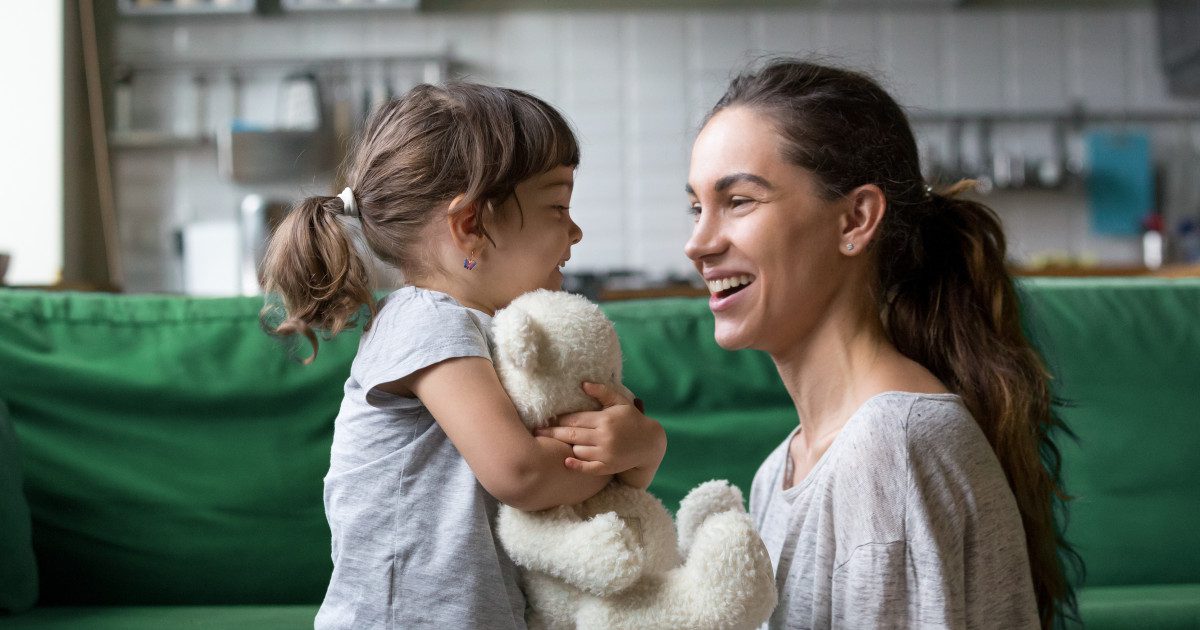How Amicus work with families and carers
During the time, a child is in placement at our therapeutic community, we aim to work with families/carers, network professionals, and significant individuals as much as possible and whenever it is appropriate. We recognise the key role you can have in a child’s therapeutic recovery. It is expected that a child will attend our community for a minimum of three years as this length of time is needed to therapeutically support the child’s recovery, development, and progression. Wherever possible and appropriate we aim for a child to successfully progress and transition to living into a family-type setting, whether this is with their family of origin or foster carers, and transition into an alternative suitable educational setting when moving on from our school.
Before the start of the placement
A vital part of the Amicus therapeutic programme is to maintain links and work with any individuals or groups who are significant to the child. Wherever possible and appropriate, this will include the birth, adoptive, or foster parents, siblings, and friends. Before arrival, each child will have an individual Therapeutic Placement Plan, that is based on the child’s needs and is written using the information, knowledge, and advice of all the significant individuals and groups.

Whilst living in the Amicus community
Whilst living in the therapeutic community we view the ‘family time’ (if appropriate) with a child’s parents whether birth, adoptive, or foster, siblings and other significant people as crucial. This family time, alongside our therapeutic input, can help the children to achieve a greater understanding of their inner lives, emotional views of the world, and past experiences and relationships. The therapeutic work is often a slow and delicate process, but it is essential to a child, particularly if a genuine change is going to occur. This will enable the child to make a successful transition to a sustainable family type placement post Amicus and the aim is the child will have been able to develop emotionally and be able to form more secure attachments with others.
One of the Care and Treatment Team’s most important roles is to make it possible for family time to happen (where appropriate) between the child and their parents/carers, siblings or friends. The following list includes some of the ways we do this:
- Children will be transported by Amicus staff whilst having family time with their parents/ carers, siblings or friends (due to their age and vulnerability).
- Amicus staff help to plan, support and structure the family time and will organise financial assistance if appropriate.
- Where possible and appropriate, Amicus staff will supervise a child’s family time.
- Amicus staff will provide the support for children to make contact by phone, e-mail, video call, and letter.
- The Amicus team will also support and encourage parents/carers with areas of family time if this is needed and provide guidance and feedback.
All care will be taken to monitor the impact of these family times on the child, both before and after they take place. Time is always available for the child to discuss their feelings, wishes, and opinions about the family time, and these will be listened to and recorded. The impact and child’s thoughts are fed back to all the people working with the child and are included in reviews of the contact arrangements.
Support for parents/carers
Whenever it is appropriate The Amicus Community will develop a close working partnership with the child’s parents/carers. We want you to know that this partnership is important to us and your child, therefore we can support you in the following ways:
- We understand that parents/carers need a space for their feelings, views, and experiences to be considered and listened to and wherever possible we will support you with these.
- By working together, we can support you and you can support us with the changes that will happen with your child over the time they are in placement in the community.
- Working closely together means that sometimes we may have to help the parent/carers of a child to address and work through some of their own traumatic past experiences.
- We can offer guidance and support to parents /carers and can signpost to external agencies and information that may also be helpful.
- We work with other network professionals and agencies involved with the family and child, to give wider oversight and a holistic approach.
When moving from the community
Wherever possible and appropriate we aim for a child to successfully progress from their placement at Amicus and transition into an alternative supportive education setting and if residential – into a sustainable and stable, family-type setting such as foster care or their family of origin if appropriate. When it is time for the child to move on from Amicus, we will work in collaboration with the child, family, and local authority to hear their views and wishes and assist in sourcing and recommending next steps and sourcing appropriate next placements.
Transition to the next care and/or education placement will be agreed and supported by the local authority and the staff at Amicus, including experienced Directors, the Management Team, and Amicus Care, Education, and Treatment Team. When a child moves on from Amicus, we put in place a Transition and Safe Exit Plan which contains reflections of the child’s needs and support we feel they need and a structured programme of work with the child’s parents or future carers, school, and network professionals to enable a successful transition.
If a child cannot be cared for by the parent/carer then a further aim of the Amicus community is to help with a healthier relationship between both parties in the future, where there is less conflict and more understanding of one another’s needs. This may mean both the child and parents/carers learn how to alter their expectations for the relationship, so the child can reach their potential for healthier growth and development.


